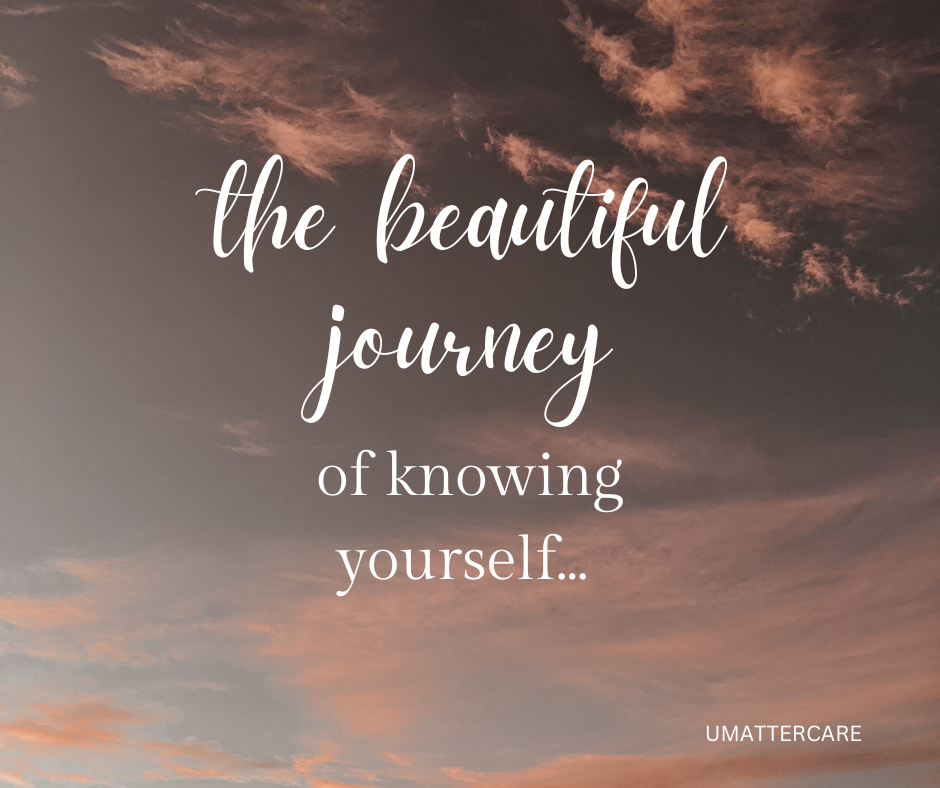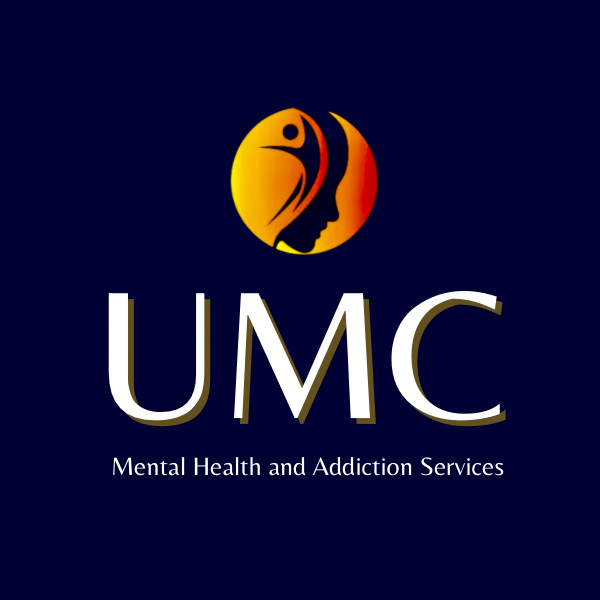Month: December 2024
Recognizing Your True Identity
Do I Know Myself?
Knowing oneself is one of life’s most profound and ongoing questions. While it seems simple at first glance, the journey to self-awareness is often layered with complexity. Life experiences, relationships, and societal expectations all shape our understanding of who we are. But what does it truly mean to know oneself?
The Illusion of Self-Knowledge
Many of us believe we know ourselves well. We have opinions, preferences, and values that guide our actions. But self-knowledge goes beyond surface-level understanding. It requires deep introspection and the willingness to confront uncomfortable truths. For example, how often do we question the motivations behind our actions or the origin of our beliefs? When faced with a moral dilemma or emotional conflict, do we react instinctively, or do we take the time to understand why we feel or act a certain way?
Recognizing Blind Spots
In relationships, we often discover aspects of ourselves that might otherwise remain hidden. Consider an incident where you might have overstepped boundaries with good intentions, only to realize later that your actions were inappropriate or harmful. These moments can be eye-opening, revealing patterns of behavior rooted in fear, control, or misplaced responsibility. For example, one might think they are protecting a loved one, but their actions might reflect a lack of trust or respect for that person’s autonomy. Recognizing these blind spots is a key step in understanding ourselves better.
The Role of Reflection
Self-reflection is an essential tool for personal growth. Taking the time to evaluate past actions, especially those we regret, allows us to uncover deeper truths about our intentions, emotions, and values. Reflection helps us identify patterns—both positive and negative—in how we handle conflict, relationships, and personal challenges. It is through this process that we begin to align our actions with our core values.
The Influence of External Factors
Another important aspect of self-awareness is understanding how external factors influence us. Family, friends, and societal norms can shape our decisions and behaviors in ways we might not fully realize. For instance, the pressure to conform to certain roles or expectations might lead us to act in ways that feel out of sync with our authentic selves. Understanding these influences helps us reclaim our individuality and make conscious choices.
Moving Towards Self-Awareness
So, how do we truly know ourselves? The journey requires:
Honest Introspection:
Regularly ask yourself why you feel or act a certain way. What beliefs are driving your decisions?
Mindfulness Practices:
Techniques like meditation and journaling can help you stay present and attuned to your emotions.
Feedback from Others:
Trusted friends or partners can offer insights into your behavior that you might not see yourself.
Therapy or Counseling:
Professional guidance can uncover deeper patterns and provide tools for self-awareness.
Embracing Growth
Knowing oneself is not a destination but a continuous journey. Life will inevitably present challenges that test our understanding of who we are. Instead of fearing these moments, we should embrace them as opportunities for growth. Each experience, whether joyful or painful, adds a layer to our self-awareness, helping us build a stronger, more authentic connection with ourselves.

“Do I know myself?” is not a question to be answered definitively but an invitation to remain curious and open. By recognizing our blind spots, reflecting on our actions, and embracing the influence of external factors, we move closer to understanding our true selves. The journey is not always easy, but it is undoubtedly one of the most rewarding paths we can take.
